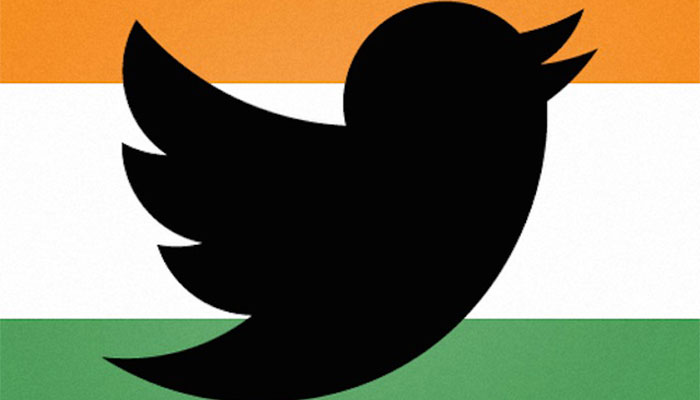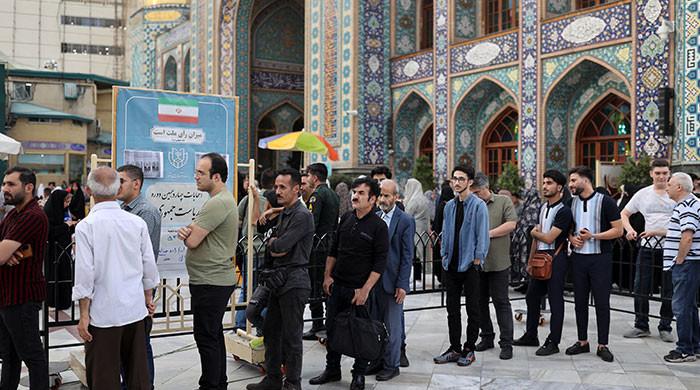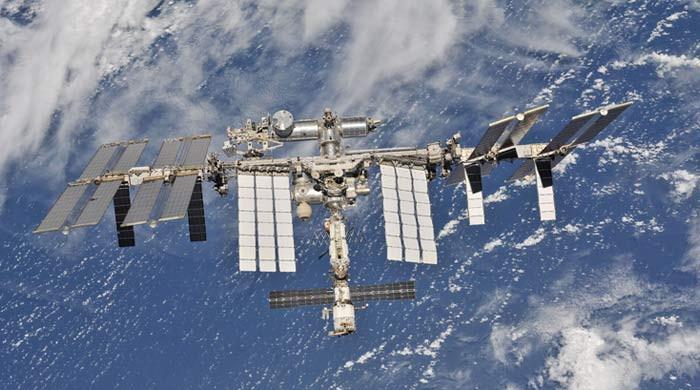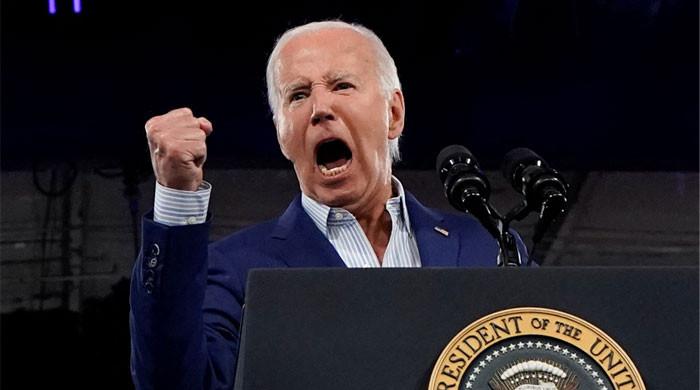Twitter blindly obliged Indian requests to silence occupied Kashmir voices: report
CPJ report reveals Twitter blocked one million tweets on Kashmir on Indian requests
October 26, 2019

Social networking website Twitter was on Friday accused of not doing enough to protect freedom of speech in Indian-occupied Kashmir by blindly bowing down to the demands of Indian censorship.
According to the findings published by the Committee to Protect Journalists, Twitter shockingly agreed to block more accounts in South Asia, mostly from Pakistan and occupied Kashmir, than in every other country in the world.
Data gathered by the journalistic body revealed that nearly one million tweets related to occupied Kashmir were removed from Twitter and at least 100 accounts made inaccessible to the people.
Also read: Major dialogue on Kashmir at Chatham House
New Delhi recently celebrated the holding of 'sham' elections in the occupied valley, as the draconian military curfew and communications lock down in the area neared almost three months.
According to reports, roughly 4,000 people were detained by mid-September following the move, with journalists, activists and politicians among them. Former chief ministers and mayors were also detained.
The results of the CPJ research, however, indicate that the crackdown on voices critical of Indian actions in occupied Kashmir started almost two years ago, before Indian PM Modi illegally annexed the occupied valley.
Also read: DG ISPR condemns Indian army chief's warmongering
Data released by Twitter to Harvard University, which was then published publicly and analyzed by the CPJ, showed that legal notices to the company directing them to take down tweets or accounts started to spike in August of 2017.
"It totally makes sense the Indian government would go after Twitter and Twitter users, because Twitter as a platform is a really significant source of information sharing in Kashmir," said David Kaye, a UN representative.
According to news website Newsweek. Kaye has previously expressed his concerns about Twitter's "opaque" policy of removing content related to Kashmir at the behest of India, writing a letter to CEO Jack Dorsey in 2018.







